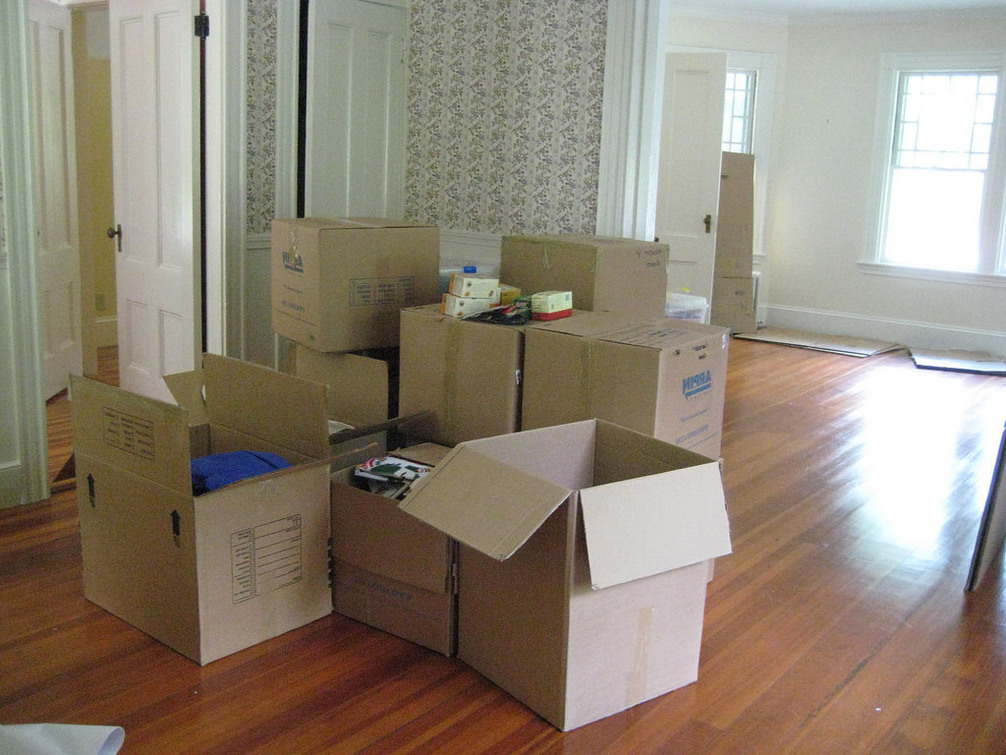
If you’ve moved before, you know how stressful it can be. It’s a long and difficult process, which makes it doubly frustrating if you end up paying a lot of hidden moving fees, or have your possessions broken or damaged. With that in mind, here are some questions that you should ask a moving company before you use their services.
1. “Do you work for the mover or are you a broker?”
Brokers perform a valuable service: they help match up customers with moving companies. However, brokers cannot offer binding moving estimates, and they are also not responsible for losses or damages that occur in the moving process. If you are talking directly to a mover, they can often give a binding quote, or a “not to exceed” estimate once they’ve reviewed your possessions in person. When getting a quote, make sure you know who you are talking to, or you may end up paying way more than the estimate you were originally given.
2. “Does your estimate include extra charges?”
Once you’ve received an estimate, you should make sure that you aren’t going to be charged for other expenses. There are many hidden fees that moving companies can charge, especially for long-distance moves. According to an article published on the Huffington Post, a few of the possible extra charges include long-carry charges, flight charged, appliance charges, storing and parking charges, fuel costs, awkward objects, etc. Some moving companies do not have the skills or expertise to move these types of items, and the basic moving insurance would likely come no where near replacing them if damage occurs.

3. “What forms of payment does your company accept?”
As a rule, you shouldn’t hire movers who only accept cash. It’s also important to be clear about the amount you are expected to pay the movers upon delivery, versus the amount of your deposit. Some companies offer refundable deposits. Most moving companies who have a merchant account will accept credit cards, but don’t assume that this is always the case–be sure to ask if paying by credit card is an option. Be skeptical of any moving company that requires a huge deposit on the front-end – they could be a scammer.
In addition to figuring out how to pay for the moving services, also keep in mind that it’s standard industry practice to tip the individual movers for a job well done. Many customers tip either a flat amount (i.e. $50 each) or a percentage of the job. Have cash on-hand for this purpose when moving day rolls around.
4. “What kind of insurance is included in my quote? Is additional insurance available?”
According to Moving.com, basic insurance for most moving companies insures around 60 cents per pound, but some companies offer an upgrade for a reasonable price. It’s also possible to work with a third-party insurance company, like that offered by Trusted Choice, to make sure your valuables are covered in the event of an accident or damage. Moving companies are required to have insurance in order to be licensed, though the insurance amounts vary by state. If you’re talking to a mover who isn’t properly insured, you’re putting your belongings at risk, as you’ll have little recourse if something happens during the move.

5. “Who’s responsible if something breaks? What’s the process for reimbursement?”
Have the mover clearly explain to you who is responsible if something should get broken in the move. Usually, for a self-service move, you won’t be reimbursed for poorly-packed or improperly handled items, but if the moving company is handling everything, damages should be covered by insurance. Cheap Movers Santa Clarita recommends purchasing additional moving insurance for items that are particularly valuable or fragile, or letting the movers do the packing, so they take responsibility.
Keep in mind, too, that if you’re making a long-distance move, the movers might eventually need to transfer your items to a different truck. Naturally, extra handling like this can increase the chances that your possessions might be damaged.
